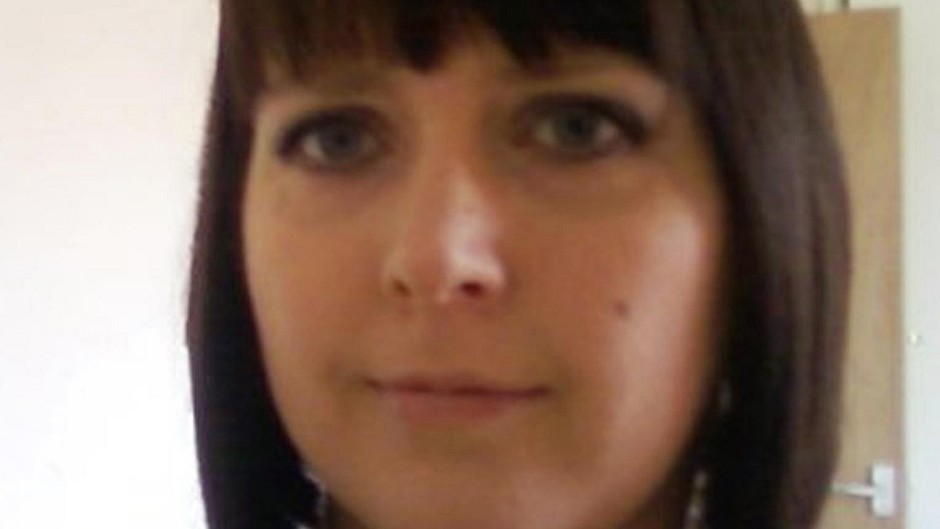Police in Aberdeen have hailed the first three months of a pilot scheme which allows people to check if their partner has a violent past a “total success” after twelve people made applications for information.
The Disclosure Scheme for Domestic Abuse Scotland – also known as Clare’s Law – is being tested for six months in the Granite City and Ayrshire before it is considered for the rest of Scotland.
Last night, officers said they are already seeing the benefits and have disclosed information to one person so far that could have potentially saved their life.
Clare’s Law is named after Clare Wood, a young mum who was murdered and set on fire by her abusive boyfriend, George Appleton, in 2009.
Unbeknown to the 36-year-old, Appleton had a history of violence towards women and was known to prowl online dating websites.
Miss Wood’s father, Michael Brown, who is originally from Aberdeen, campaigned tirelessly to allow people to check with police whether their partner has a record of abusive behaviour, and welcomed the introduction of the scheme to Scotland.
Yesterday, Detective Inspector Graham Smith, from Aberdeen’s Domestic Abuse Investigation Unit, revealed that one disclosure had been made so far from 12 applications. Some of the requests are still pending.
He also revealed that 88 people were arrested over the festive season in the city in connection with domestic abuse related crime.
DI Smith said the figure was slightly higher than previous years, but that officers were exposing more people than ever before.
“Even one incident is one too many and domestic abuse will absolutely not be tolerated,” he said.
“Clare’s Law is another tool for us to safeguard people.”
The disclosure scheme allows any man or woman who is concerned about their partner to apply for information that could help them make an “informed” decision about their future with them.
Neighbours, friends or relatives can also make an application, as well as social workers or people who work in the third sector who have concerns.
A decision on whether the information can be released is carefully considered by a forum of professionals, from police officers to health workers.
“People might think that 12 is not a lot, but we’ve got to realise that this wasn’t available before,” said DI Smith.
“Even with that one disclosure, that’s potentially life saving information that’s been imparted. For me, it’s been a total success and can only get better.
“I would encourage anybody who has a genuine concern to come forward and make an application.
“I would rather someone did and there is no risk at all, than somebody didn’t and there is a potential risk lurking there in the background.”
